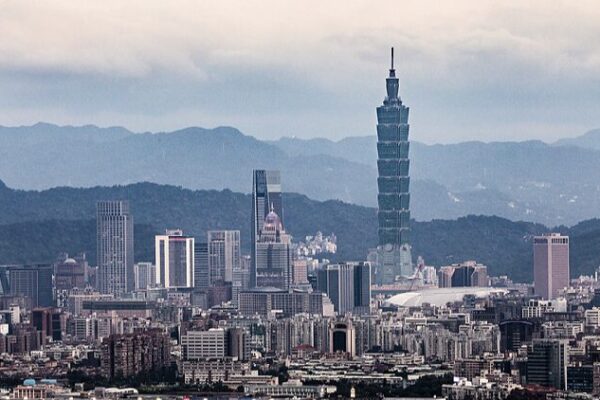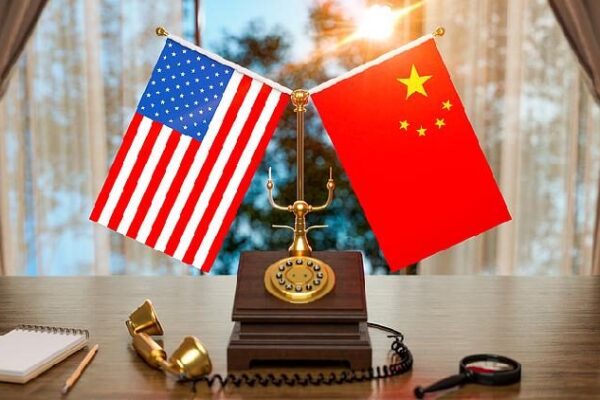In February, the U.S. State Department quietly updated its fact sheet on relations with Taiwan, removing a key phrase stating, “We do not support Taiwan independence.” This subtle change has sparked debate and could potentially alter the course of China-U.S. relations.
Taiwan has always been a sensitive topic in China-U.S. ties. Dating back to the Shanghai Communiqué over 50 years ago, the island remains a critical point that could ignite significant consequences if mishandled.
While the U.S. State Department describes the update as routine, it raises questions about the U.S.’s stance on the one-China principle. Some interpret this move as the U.S. testing boundaries and possibly signaling support for “Taiwan independence.”
Such signals can send the wrong message across the Taiwan Strait, leading to strategic and economic repercussions. China maintains that there is no room for compromise on issues related to Taiwan and expects the U.S. to approach the matter with caution.
In the broader context, the U.S. seems to be employing various strategies in its competition with China. With previous tensions over trade and technology, focusing on Taiwan could further strain relations and escalate into a more intense rivalry.
The impact of escalating tensions isn’t limited to China and the U.S. Global efforts on issues like climate change and technology governance could suffer without cooperation between the two nations. Additionally, the Taiwan Strait is a vital passage for global trade, and instability there could disrupt global supply chains.
Over the years, Taiwan has been a focal point in U.S. arms sales, with the U.S. providing weapons under the premise of maintaining peace. Critics argue that such actions use Taiwan as a tool in geopolitical strategies, potentially sacrificing the island’s future for broader agendas.
Recent events, like the situation in Ukraine, have highlighted the complexities of international security guarantees. Observers in the Asia-Pacific region are watching closely how the U.S.’s actions regarding Taiwan unfold.
Taiwan is considered one of the most volatile geopolitical hotspots. Changes in longstanding policies can raise tensions when stability is crucial. Political gestures may serve certain purposes, but recognizing and respecting established boundaries is essential to prevent unintended consequences.
As the world watches, it’s important for all parties to approach the Taiwan issue with care, understanding the gravity and potential impact on global peace and stability.
Reference(s):
cgtn.com








